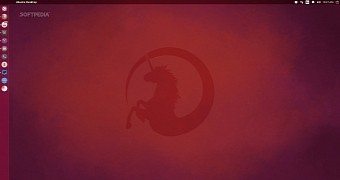After having announced the immediate availability of a new and important kernel update for the Ubuntu 12.04 LTS (Precise Pangolin) operating system, Canonical has announced that the Ubuntu 15.04, 14.10, and 14.04 LTS distros have also received new kernel updates.
Canonical has published three separate security notices that inform users about the kernel vulnerabilities that have been patched, as well as the new kernel versions and how to update the Ubuntu installation.
A bug (CVE-2015-0275) has been discovered by Xiong Zhou in the EXT4 file system, which could be exploited by a local attacker to crash the host system by causing a denial of service (DoS). It affects Ubuntu 15.04 and Ubuntu 14.10.
A use-after-free flaw (CVE-2015-3636) has been discovered by Wen Xu in the IPv4 ping support of the upstream Linux kernel packages, allowing a local user to obtain root privileges or crash the host system by causing a denial of service (DoS). It affects Ubuntu 14.04 LTS, Ubuntu 14.10, and Ubuntu 15.04.
The last issue is a memory corruption (CVE-2015-4036) that has been discovered in the SCSI subsystem of the Linux kernel, enabling a local attacker to crash the host system by causing a denial of service (DoS). It affects Ubuntu 14.04 LTS and Ubuntu 15.04.
All users are urged to upgrade as soon as possible
Canonical urges all users of the Ubuntu 15.04 (Vivid Vervet), Ubuntu 14.10 (Utopic Unicorn), and Ubuntu 14.04 LTS (Trusty Tahr) operating systems to update their installations as soon as possible.
The new kernel versions are linux-image-3.13.0-54 (3.13.0-54.91) for Ubuntu 14.04 LTS, linux-image-3.16.0-39 (3.16.0-39.53) for Ubuntu 14.10, and linux-image-3.19.0-20 (3.19.0-20.20) for Ubuntu 15.04.
To update, open Unity Dash, search for Software Updater, wait for the app to load the existing updates, and then apply the updates. After a successful update process, reboot your machine and check to see if the new kernel versions have been applied by running the uname -r command in a terminal emulator.

 14 DAY TRIAL //
14 DAY TRIAL //